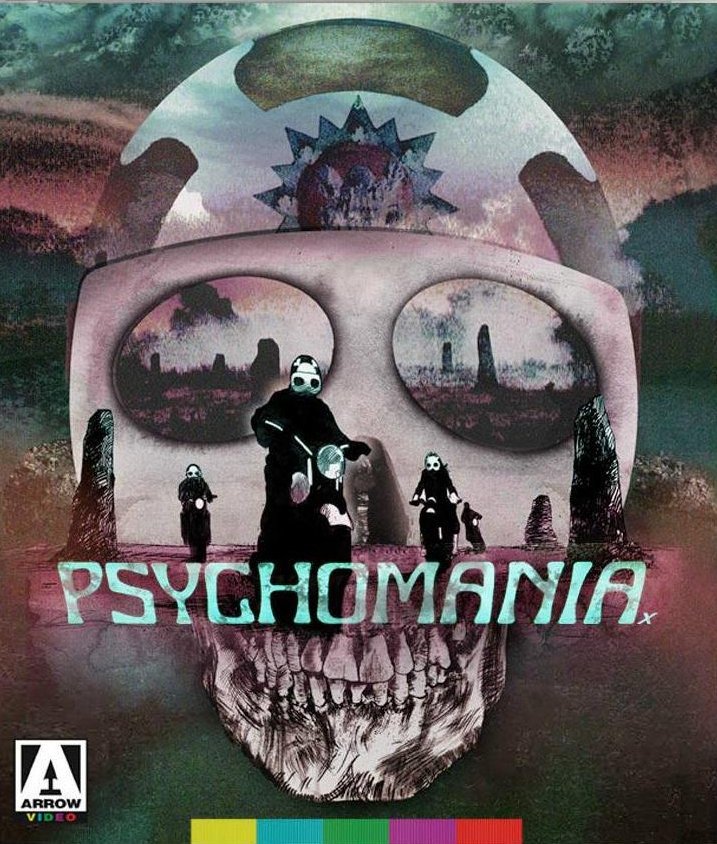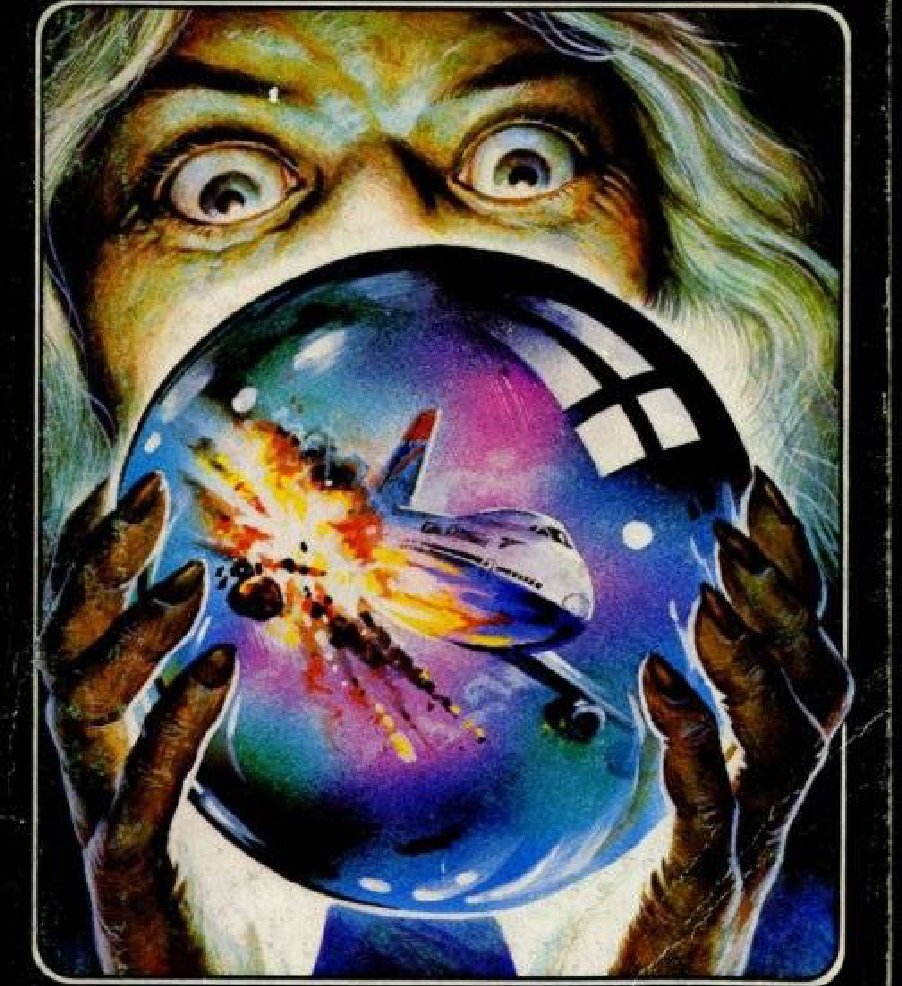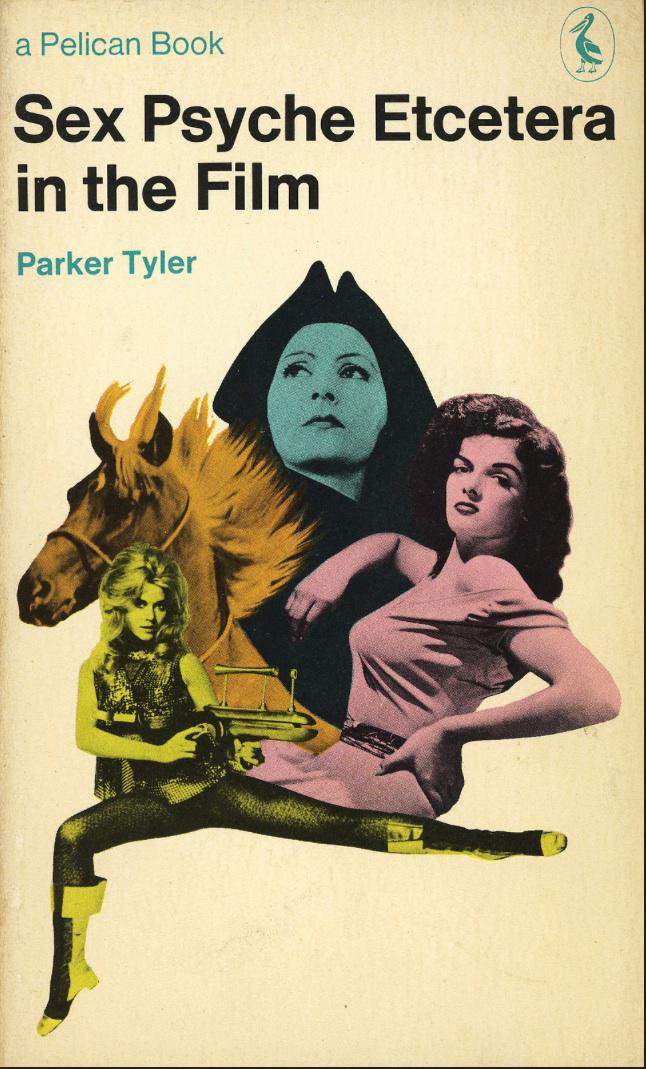#Twitter: what is it good for? How do you get good at it? And what will we do when it's gone? Today in pulp I share a few insights I've gleaned from almost five years of running this account.
Its about to get all meta...
Its about to get all meta...
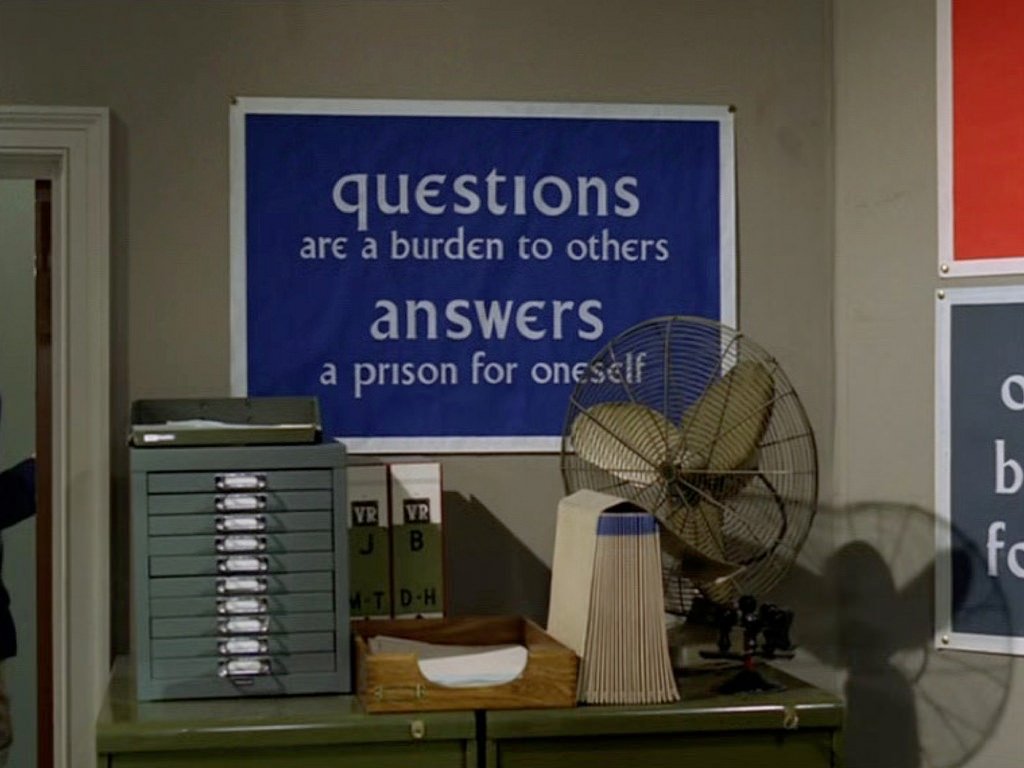
Most people's tweets are a stream of consciousness, and Twitter itself is a daily flow of 500 million of these across the surface of your phone. You are currently looking at the collective unconscious of the planet... 

And like any examination of the unconscious you will see things on Twitter that fascinate you and things that disgust you. This is part of its attraction: the filters of discourse become permeable, allowing the unsayable to leak across. 

Compared to other social media Twitter is relatively open. Regardless of who you follow (or who follows you) you will still see a huge variety of content from millions of other people. It's less filtered or targeted than Facebook and reasonably unstructured. 

Twitter is designed to be addictive: it promotes interactions (likes, retweets etc) which trigger rewards: dopamine released into the medial forebrain bundle of the brain making us feel pleasure. As interactions are unpredictable they act as a variable ratio reward schedule. 

Variable reward schedules help form the addictive nature of gambling: you never know when you might win. Combining intermittent rewards for producing content along with the fascination of consuming the unfiltered thoughts of strangers makes Twitter a uniquely rewarding activity. 

But Twitter can also be unpleasant, aggressive and unreasonable. Politics (personal, cultural or governmental) drives the majority of this hostility. Twitter is the cockpit of political discourse online and magnifies differences of opinion into catastrophic battles of identity. 

Many people get around the nastiness that Twitter amplifies by having two Twitter accounts: one to tweet pictures of cats and one to call other people c*nts. Cognitive dissonance is alas a central part of the Twitter experience: irrationality is the norm. 



The hierarchy of Twitter users goes as follows (least to most numerous)
- celebrities
- brands
- actual people
- twitterbots
- lurkers
- dormant accounts
The last three categories make up 70-80% of most people's followers.
- celebrities
- brands
- actual people
- twitterbots
- lurkers
- dormant accounts
The last three categories make up 70-80% of most people's followers.

Given the above, how should you approach Twitter if you want to make a success of it? Below are my insights from over four years of tweeting. They are unscientific, but 60% of the time they work all of the time. Trust me, I'm a doctor*.
(*of Geography. Still counts.)
(*of Geography. Still counts.)

First insight: you are NOT the audience. In fact you have no idea who your audience is. Most of your followers are not paying attention. Most of your attention comes from random people bumping into your stuff. So forget about trying to 'target' tweets. 

For example: the four most popular tweets I've ever done have been about:
- women in swamps
- calculators
- a big pink rabbit
- the Dune colouring book
That is a bizarre Venn diagram. So don't try and predict what will work. If it feels good, do it!



- women in swamps
- calculators
- a big pink rabbit
- the Dune colouring book
That is a bizarre Venn diagram. So don't try and predict what will work. If it feels good, do it!


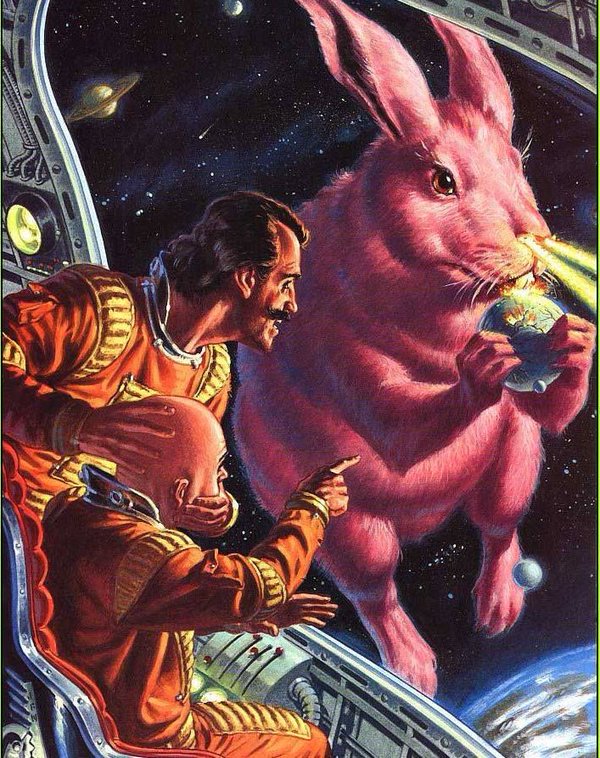

Second insight: curiosity trumps outrage. Scientists* have shown that satisfying your curiosity is more motivational than self-interest or self-validation. Showing people fragments of fascinating things generally gets audience attention.
(*proper boffins, not ones on the telly)
(*proper boffins, not ones on the telly)

Third insight: the only metric that counts is the number of people who say "thank you." Likes, retweet, opportunities to see - it's all numerical bullsh*t. If people say "cheers, that was good" then you are measurably succeeding. Otherwise assume nothing. 

Fourth insight: have a positive purpose. I tweet books, artists, writers and content that you may like but haven't yet seen. I'm no expert and I learn from all of you every day. But you know what to expect from me and whether I'm worth a follow for a while. That keeps me trying. 

Fifth insight: sic transit gloria mundi. You don't pay for Twitter, and some day they will switch it off. All your content will be lost and your followers evaporate. Like the samurai you should think of the inevitability of death every day, then go and do something heroic. 

Last insight: be ferociously polite. That's the advice Joanna Lumley gives to new actors who want to get ahead and it still counts today. Manners maketh man. 

The fact we can reach the world from our phones should make our heads spin. The fact that we use this privilege to share total nonsense should make us rejoice . Twitter is the social media equivalent of punk: you only need three chords and some attitude. Rock on. 

• • •
Missing some Tweet in this thread? You can try to
force a refresh



